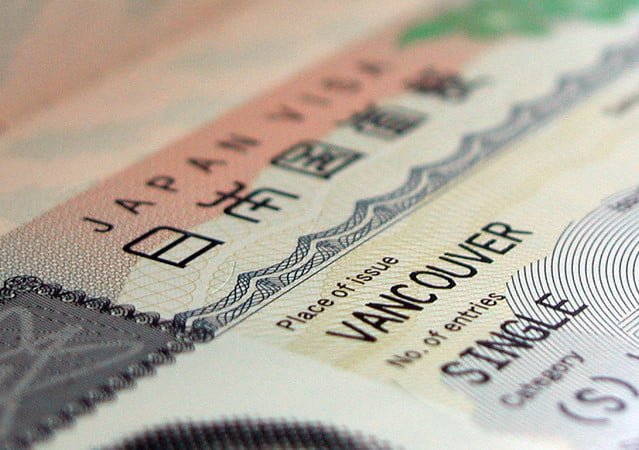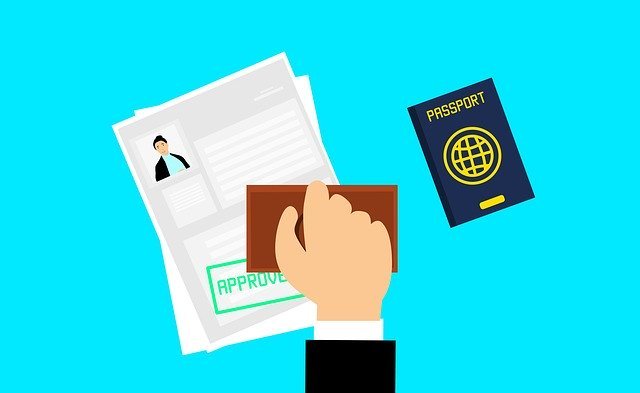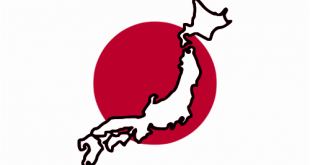
We’ve discussed studying in Japan throughout our guide. That being said, you probably have some questions as to how to get into Japan and how to get a visa and the ideal type of visa to get. We’ll answer all the questions you may have on getting a student visa in Japan in the following article.
If you’re studying in Japan for more than 3 months, you need to apply for a student visa. However, before continuing further, we advise that you contact the university that you have been accepted to and inquire about their approach to handling the situation.
Read about the higher education system in Japan
Table of Contents
How can I get a student visa for Japan?
There are generally two ways you can get a student visa:
- In order to study in Japan, you must apply for a student visa directly in your local Japanese embassy or consulate. If you’re applying from a country that is not your home country, the country’s visa rules and regulations will also apply to you.
- A member of your university can apply to the immigration office on your behalf. You’ll then have a certificate that states your right to live and study in Japan. When you get this certificate, you can send it to the local Japanese embassy or consulate in place of a student visa application.
Student visa in Japan: application process
Once you have chosen an institution of higher education in Japan and get your admission letter, the next step is to get a visa. And the application process to get a student visa for Japan has 2 steps:
- getting a Certificate of Eligibility (COE) from the Immigration Services Agency of Japan
- applying for the study visa at the Japanese embassy or consulate of your home country.
How do I get a Certificate of Eligibility in Japan?
The Certificate of Eligibility is a document any foreigner who enters Japan for a long-term stay needs to have. It’s not a visa, it’s more of a prerequisite for the student visa application in your home country. Moreover, since you need this certificate before entering Japan, it’s your university who is in charge of handling the application on your behalf.
The Certificate of Eligibility supports the visa application for Japan. It shows that you comply with Japanese immigration rules and regulations. And the document proves you have the approval of the Immigration Services in Japan.
The COE for Japan takes between 1 and 3 months to process, so take account of this for your visa application. Moreover, getting the certificate makes it easier for you when getting your visa, entering the country and going through immigration security at the airport. Also, keep in mind that the certificate does not guarantee the acceptance of the student visa for Japan.
Requirements to get the Certificate of Eligibility
The requirements for the certificate of eligibility are on the official Japanese Immigration website. Additionally, the required documents will differ from one university to another. Therefore, we advise that you contact your university for more details.
But even though it’s your school who handles the application, you still need to provide some personal documents, such as:
- Identical ID photos
- Passport photocopy
- Academic documents
- Proof of sufficient funds to cover your study and living expenses in Japan (bank statement, letter of sponsorship, proof of scholarship, etc.)
Requirements for a student visa in Japan

Although requirements may differ from one country to another, they all have the following documents in common:
- Certificate of Eligibility, the original one and one copy
- Visa application fee. The fee will differ from one country to another. Therefore, we advise that you contact your local Japanese embassy or consulate.
- A visa application form. Make sure the application contains the required information. Any mistakes on the application leads to rejection.
- Letter of acceptance into a university in Japan. You can get that from your university.
- A recent health certificate. Required to be issued in the last three months.
- Document proving a clean criminal record.
- 3 ID photos with a white background.
- Notarized copy of the information page of the applicant’s passport. The passport must be valid for more than 6 months from the application date.
- The applicant’s resume. That will also include original or notarized copies of the applicant’s most recent certificate of education (a minimum of a high school diploma). You need to send 3 recommendation letters from previous teachers (from the establishment that granted your diploma).
- A stamped bank statement which proves the applicant’s ability to cover the cost of studying in Japan.
- If you have a scholarship, you need a letter of proof from the organization. The letter will prove that your expenses are covered by the organization for the duration of the scholarship. This is required regardless of the type of scholarship.
- Original or a notarized copy of the applicant’s birth certificate.
Learn also the best universities to study in Japan.
How much does a student visa cost in Japan?
The fees for a Japan visa range between 700 and 6,000 Yen. A single-entry visa costs 3,000 Yen (about US$21) while a double or multiple entry visa fee amounts 6,000 Yen (around US$42). Moreover, the fee for the visa may vary according to the country, the reason for your visit and your local currency. Another thing to keep in mind is that you only pay the visa fee if your application is approved.
How long can I stay in Japan with a student visa?
The duration of the Japan study visa is stated on your Landing Permission and on your Residence Card (for which you apply for once you set foot in Japan). A student visa lets you stay in Japan for a period from 3 months to 4 years and 3 months. In fact, durations of stay in the country goes up in increments such as: 3 months, 6 months, 1 year, 1 year and 3 months, 2 years, 2 years and 3 months and so on.
Now you have the details about the student visa application, learn also how to get admission in universities in Japan.




 Aljawaz Your guide to study abroad
Aljawaz Your guide to study abroad













